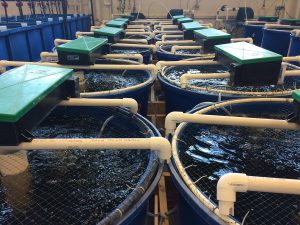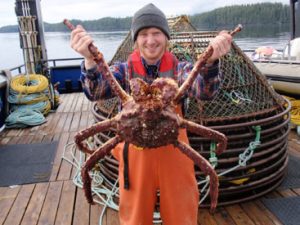Securing Maritime Safety through Vessel Maintenance
 Proper maintenance and rebuilding of fishing vessels is critical for ensuring the safety and livelihood of fishermen at sea. Regular inspections, repairs, and upgrades not only extend the life of these vessels but also significantly reduce the risk of accidents and equipment failures, ultimately protecting the crews who rely on them.
Proper maintenance and rebuilding of fishing vessels is critical for ensuring the safety and livelihood of fishermen at sea. Regular inspections, repairs, and upgrades not only extend the life of these vessels but also significantly reduce the risk of accidents and equipment failures, ultimately protecting the crews who rely on them.
This is where Fred Wahl Marine Construction in Reedsport, Oregon steps in. The company has established itself as a leading shipyard, specializing in the construction of high-quality commercial vessels known for their exceptional dependability and durability. This is also where fishing vessels from up and down the West Coast come for repairs and upgrades. Recently, the company has been working on vessels from areas such as Long Beach, California, Newport, Oregon, and Sand Point, Alaska.
From Long Beach, the squid seiner PROVIDER, measuring 59 feet by 24 feet, is getting a major update. Although it had new sponsons installed in 2014 to widen its hull, the original wheelhouse remained. Over time, corrosion developed where the old wheelhouse met the newer deck, requiring the entire wheelhouse to be replaced. Additionally, the PROVIDER is scheduled to receive a new stern tube and improved steering components.
 Maritime Injury Law Blog
Maritime Injury Law Blog










